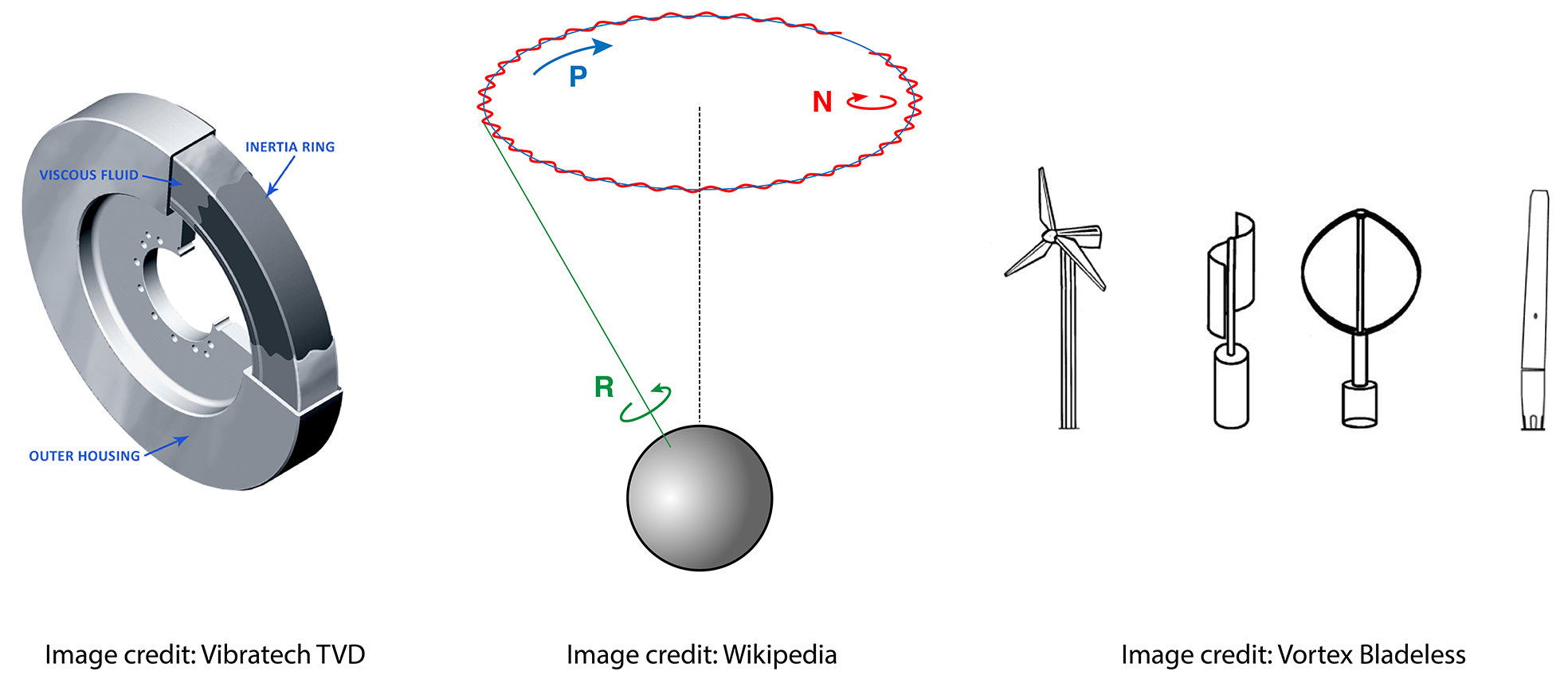Math & Stats Department Colloquium

Friday, September 10th, 2021
Time: 2:30 p.m. Place: Online (via Zoom)
Speaker: Giusy Mazzone (Queen's University)
Title: On partially dissipative systems.
Abstract: The dynamics of a mechanical system with a finite number of degrees of freedom, despite its mathematical simplicity, may be quite rich depending on the applied forces and/or the interactions with other media (like a fluid). In this talk, I will consider three mechanical systems: a rigid body with a damper, a system of rigid bodies with a fluid-filled gap, and a harmonic oscillator in a fluid-filled pipe. The mathematical models governing the motion of these systems share a common feature: there exists an energy functional that dissipates along the trajectories while other physical variables are conserved or even excited during the motion. We will explore new mathematical ways of handling such "partial dissipation" in order to describe the stabilization properties of the systems. By "stabilization" we mean either convergence of each trajectory to an equilibrium or the existence of periodic solutions to the governing equations (thus avoiding phenomena like resonance, for example).
Giusy Mazzone is an Assistant Professor in the Department of Mathematics and Statistics, Queen's University. She was an Assistant Professor (Non-Tenure Track) of Mathematics at Vanderbilt University from 2016-2019. She has received a Ph.D. in Mathematics from the Universita del Salento, Lecce, Italy, in 2012 and a second Ph.D. in Mechanical Engineering from the University of Pittsburgh, Pennsylvania, in 2016. Her research interests include mathematical fluid dynamics, applications of partial differential equations in fluid mechanics, and the study of stability and asymptotic behaviour of fluid-solid systems.


